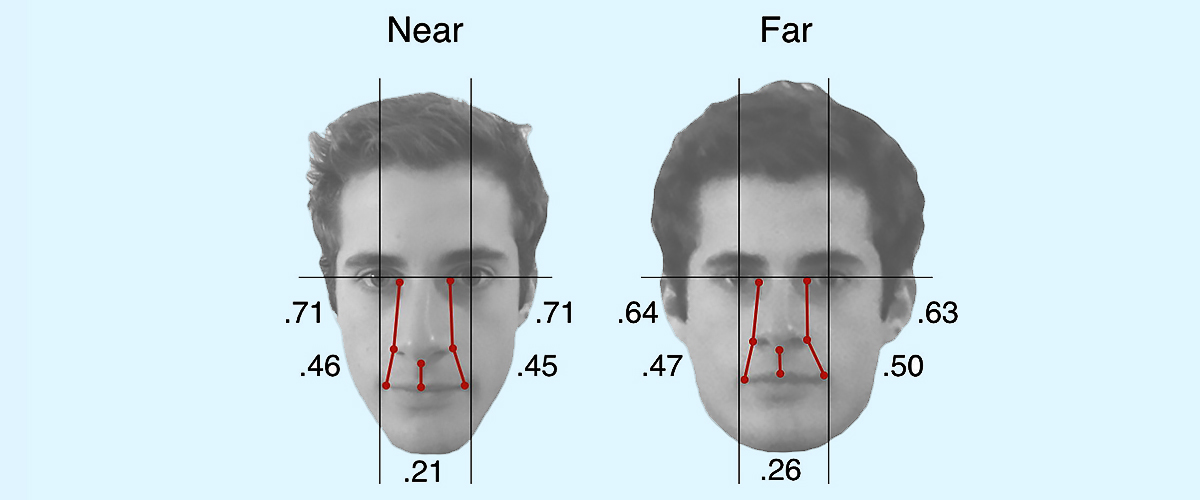The science behind facial recognition
Dr Eilidh Noyes...
…attended a major conference in Australia on the subject and has recently published an article on her latest work, entitled Camera-to-subject distance affects face configuration and perceived identity
UNIVERSITY of Huddersfield lecturer Dr Eilidh Noyes was among world-leading experts in the science of face recognition who assembled in Australia for a workshop and a conference that will lead to policy recommendations designed to aid police, governments, the legal system and border control agencies.
Taking place at the University of New South Wales, which is home to an Unfamiliar Face Identification Group (UFIG), the twin events brought together academic experts in psychology, computer science and law plus policymakers and practitioners in police and government. Their aim was to work out how to define expertise in face recognition.
“Accurate face identification is crucial in many police investigations and border security scenarios,” said Dr Noyes, a specialist in the field who was one of 20 global academic experts invited to attend the conference, titled Evaluating face recognition expertise: Turning theory into best practice.
“People are very good at recognising the faces of their friends and family – people who they know well – across different images. However, the science tells us that when we don’t know the person/people in the image(s), face matching is actually very difficult,” said Dr Noyes, who lectures in Cognitive Psychology at Huddersfield.
Face identification algorithms have made huge strides in accuracy in recent years, with the latest algorithms outperforming humans in a recent comparison of human and machine performance. Algorithms can play an important role in the identification process, she continued.
“We need to define what it means to be a face identification expert in this day and age. Is it a human? Is it an algorithm? Is it some combination of them both?” A report on the conclusions of the two-day workshop will be published later in the year. Dr Noyes will be one of the authors of the document.
_________________________________________________________________________________
Read more: Can the latest computer algorithms out-perform their human counterparts?
_________________________________________________________________________________
After the workshop, she attended the latest annual conference of the University of New South Wales’s UFIG, which attracted academic experts in psychology, computer science and law alongside police and government figures.
“What I really liked about this meeting was that it brought together practitioners and legal experts alongside academics,” said Dr Noyes. “This allows the work of the academics to reach the people who make face identifications, and for the practitioners and legal experts to inform future research directions.”
Face recognition – camera-to-subject distance
At the UFIG conference, Dr Noyes presented a paper based on research she carried out with Dr Rob Jenkins, University of York, on the effect of camera-to-subject distance on face recognition performance. This was the subject of an article in the international journal Cognition.
“The distance from which a photograph is taken affects the appearance of the face in the image,” explained Dr Noyes. “Faces appear flatter when photographed from afar, and more convex at a reduced distance. That has profound consequences for facial comparisons across multiple images. Images of the same person can look very different if they are taken at two different distances, whereas images of different people can appear more similar if the camera-subject distance is manipulated.”
Pictured below is the same person's identity captured at two different distances.
Related news
Simple disguises that fool most people
Researcher Dr Eilidh Noyes proves that adopting a simple disguise will conceal your identity even from those who are actively looking for you
Ways to help recover from depression
Five ways that people who from depression can keep their wellbeing on track and not let depression return to their lives
Tackling ‘rape myths’ among jurors
Research on the of tackling of ‘rape myths’ among jurors to increase convictions was conducted at the University

